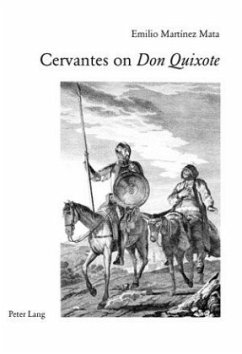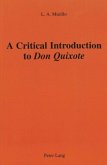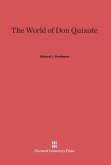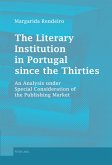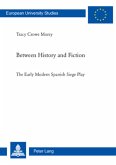Commentary on Don Quixote is as universal as affirmations of the novel's importance, yet until now no study has examined what Cervantes said about it. In the prologue to the first half of the work (1605) the self-conscious author, in a tongue-in-cheek dialogue with the reader and an unconventional friend, makes a good number of comments on his own book. In the opening chapters of Part 2 (1615), the same sort of witty evaluation continues with remarks by Sancho Panza, Sansón Carrasco and Don Quixote in a lively and extended conversation focused on what has been said about Part 1 since its publication and how the characters feel about those readings. The present study carefully examines and compares these and other self-reflective passages to clarify the work's successes and failures as interpreted by a privileged reader - the author himself.
Bitte wählen Sie Ihr Anliegen aus.
Rechnungen
Retourenschein anfordern
Bestellstatus
Storno

